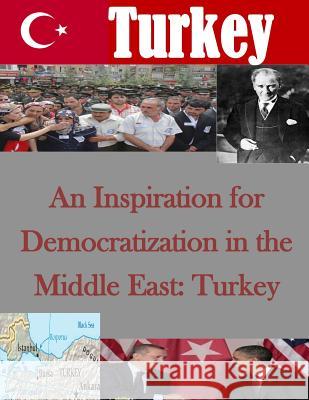An Inspiration for Democratization in the Middle East: Turkey » książka
An Inspiration for Democratization in the Middle East: Turkey
ISBN-13: 9781499774504 / Angielski / Miękka / 2014 / 104 str.
For many years, countless individuals have debated the compatibility of Islam and democracy. Some scholars argue that Islam and democracy are incompatible because of the nature of Islam and its core teachings, while others assert the idea of their compatibility by emphasizing democracy's universality. Turkey, which is a predominantly Muslim, yet democratic country, is given as an example for the coherence and compatibility of Islam and democracy. More recent historic developments, beginning in Tunisia and continuing with other Middle Eastern countries, have triggered debates about the future direction of the political structure of these countries. The possibility of relatively strong fundamentalist-Islamist parties taking over after the collapse of existing governments has led to a reassessment of diverse democratization paths among not only Middle Eastern but also Western countries. Because of Turkey's strategic location, its common history with the Middle East, its political and economic strength, and most importantly, because of its unique character as a predominantly Muslim yet secular, democratic, and modernizing, Turkey again is being reviewed as a potential role model for countries in the Middle East. This thesis, after examining the compatibility of Islam and democracy and the core reasons for the democracy deficit in the Middle East, discusses the consideration of Turkey as a model of democratization for predominantly Muslim countries in the region. Moreover, it explores how Turkish historical experiences with democratization can teach us about the process of attaining a democratic society, regardless of its religion.
Zawartość książki może nie spełniać oczekiwań – reklamacje nie obejmują treści, która mogła nie być redakcyjnie ani merytorycznie opracowana.











